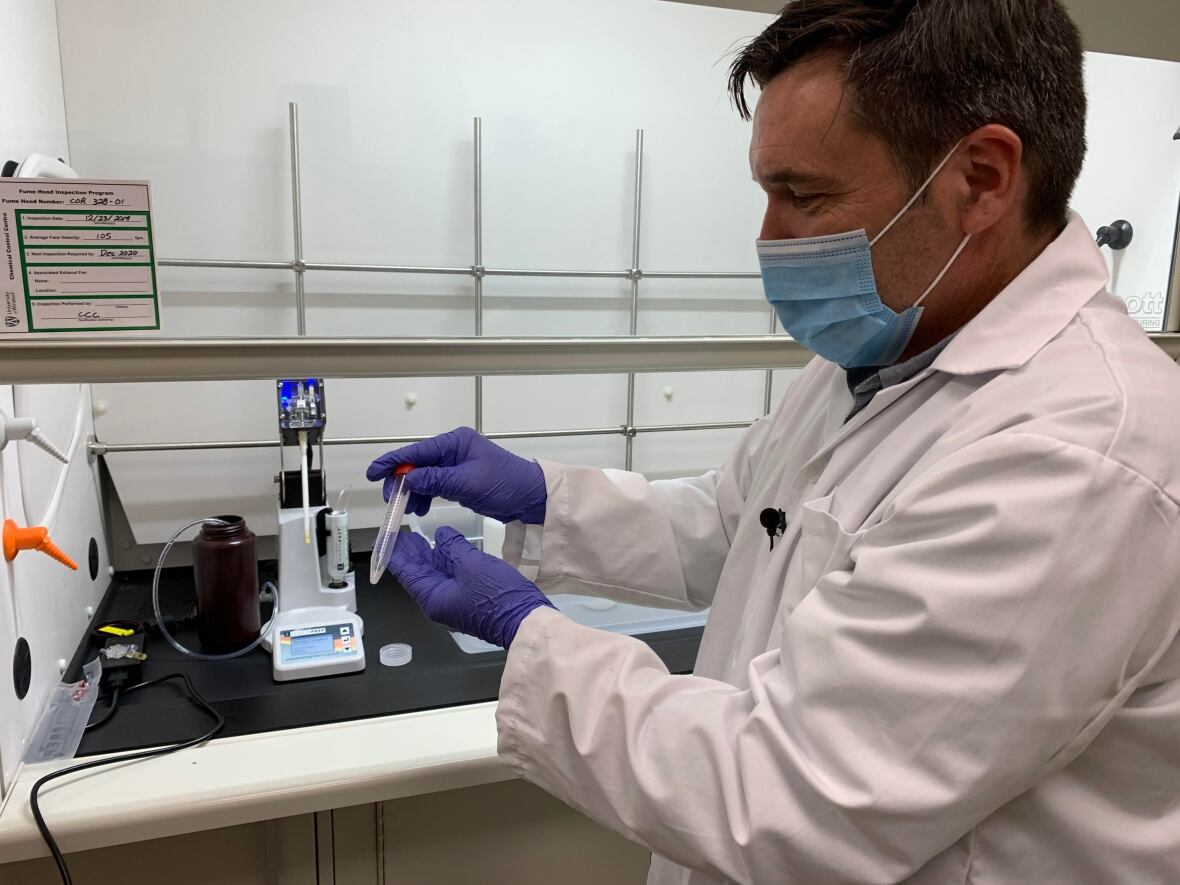Latest News
- Nearly half a million Canadians left the emergency room last year before seeing a doctor; An crisis in the system
- “New law in Ontario; Should drunk drivers pay child support?
- Dogs also found a shuttle service
- The third fatal pedestrian accident in Hamilton
- The Canadian Mint Unveils 2025 Opulence Series Ultra-Luxury Coins
Latest Ads
-
Jasmine Jewel
Call
-
Omidan group
Call
-
Amir Madanpour
Call
-
Dimo studio
Call
-
Yorkacademy
Call
-
Maryambagheri
Call
-
Shishlix Restaurant
Call

Canada must put together plan to tackle sepsis, researchers warn
Sepsis is a silent killer that some nurses and doctors are ill-equipped to recognize, a team of Canadian researchers has found.
“Every doctor who completes their training in Canada should know what sepsis is, but right now it doesn’t,” said Dr. Callie Barrett, a critical care physician in Toronto.
Barrett is part of a team of researchers who conducted a review of sepsis policies, guidelines and standards across Canada.
The findings show that most provinces, including Ontario, lack clear guidelines for healthcare providers, and that accreditation and training standards are inadequate.
In short, the peer-reviewed paper (not yet published) highlights “the urgent need for a coordinated national sepsis action plan.”
Sepsis occurs when the body’s immune system goes into overdrive to fight an infection, but the body’s response can cause severe organ damage or even death.
Barrett explained that prompt diagnosis and antibiotic treatment are crucial to saving a patient. “Someone can go from being okay to being in critical condition in a matter of minutes,” he said.
In 2020, a report estimated that there were about 75,000 cases of sepsis in Canada each year, resulting in an average of 18,000 deaths per year.
In recent months, CTV News spoke to two men who lost their wives after giving birth at two separate hospitals in Ontario. In both cases, the cause of death was sepsis-related.
“My wife and I begged for help, but our pleas were not taken seriously by a student nurse and a few doctors until the infection on my wife’s leg became apparent,” he added. “Sepsis is a race against time, but the doctors never started the clock.”
Barrett is among those now calling on the federal government to work with the provinces to save lives. “I fear we’re going to see more stories in the media about people unnecessarily dying from sepsis — which could have been prevented,” he warned.
CTV News asked Health Canada if it would be willing to standardize sepsis diagnosis guidelines across the country.
“Creating or changing hospital standards is the responsibility of Accreditation Canada,” a Health Canada spokesperson said in an emailed response. “Accreditation is a voluntary process for hospitals that falls under the jurisdiction of the provinces and territories.”
However, Barrett stressed that national bodies can make a difference: “There are national bodies like Accreditation Canada or Physician Education Standards that operate at the national level, and we can use them to drive policy change.”
Health Canada also said existing policies on infectious disease prevention and control have helped reduce sepsis.
But for families who have lost loved ones, that’s not enough. “Why aren’t hospitals taking this seriously? Why aren’t the right controls in place for sepsis? All of these questions need to be answered if we really want to prevent another tragedy,” Sidhu asked.
Source
Suggested Content
Latest Blog
Login first to rate.
Express your opinion
Login first to submit a comment.
No comments yet.


































